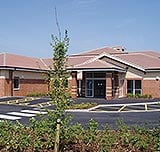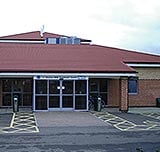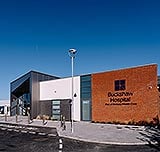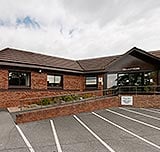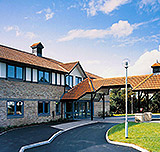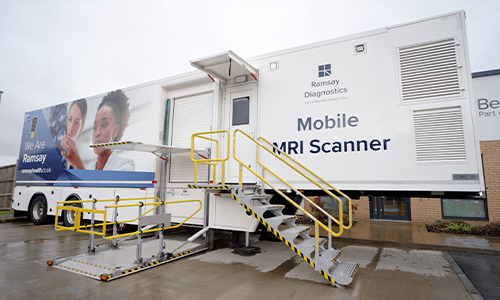What is a diagnostic laparoscopy?
Diagnostic laparoscopy is a procedure that allows your surgeon to look inside the organs in your abdomen (stomach, liver, gallbladder, small and large bowel and appendix) or pelvis (fallopian tubes, ovaries, uterus).
Laparoscopy surgery uses small cuts to see the inner parts of your abdomen and pelvis rather than larger cuts that are used in open surgery.
Diagnostic laparoscopy is used to diagnose:
- endometriosis – where small pieces of your womb lining are found outside your womb
- fibroids – non-cancerous tumours that grow in or around your womb
- ovarian cyst – fluid-filled sac in your ovary
- pelvic inflammatory disease (PID) – a bacterial infection of your upper genital tract (womb, fallopian tubes and ovaries)
- ectopic pregnancy – your pregnancy develops outside your womb
- pelvic floor disorders – include urinary incontinence and pelvic organ prolapse.
- female infertility
- undescended testicles – common for boys to be born without one or both testicles in their scrotum
- appendicitis – painful swelling of your appendix
- unexplained pelvic or abdominal pain
- cancers – biopsy sample of suspected cancerous tissue is collected and sent for laboratory analysis. Detects ovarian, pancreatic, liver, bile duct and gall bladder cancers.
Diagnostic laparoscopy is typically performed under general anaesthetic and takes 30 to 60 minutes. It involves making a small cut near your belly button and inserting a thin tube containing a light and camera, known as a laparoscope, to look inside your abdomen and pelvis.
Carbon dioxide gas is used to inflate your stomach and allows your surgeon to see your organs properly. Your surgeon has a clear view of the whole area on a TV monitor in the operating theatre.



